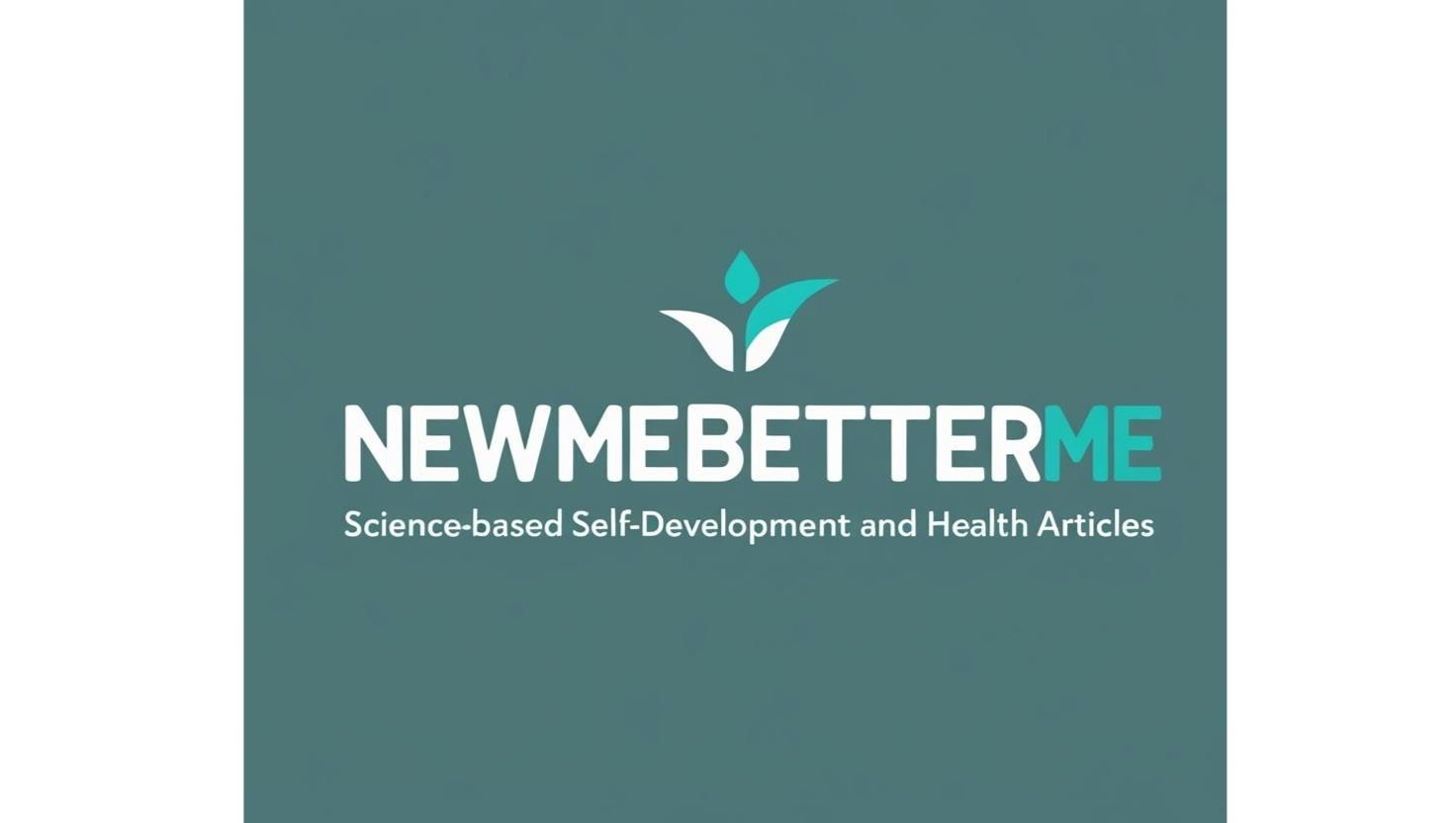How Brain Training Can Help Prevent Memory Loss
Keeping your brain active is one of the best ways to protect memory and prevent cognitive decline. Research shows that mental stimulation builds cognitive reserve, making the brain more resilient to aging and neurodegenerative diseases like Alzheimer’s.
In this article, we’ll explore how brain training exercises improve memory, the best activities to keep your mind sharp, and how often you should practice them for optimal results.
Why Mental Stimulation Matters for Brain Health
The brain is like a muscle—the more you use it, the stronger it gets. Engaging in mentally challenging activities promotes neuroplasticity, the brain’s ability to form and reorganize neural connections.
🔹 A study in Neurology found that people who engage in lifelong learning have a 30% lower risk of dementia.
🔹 Research from Harvard Medical School confirms that mental exercises can delay brain aging by up to 5 years.
➡ Takeaway: Keeping your brain active strengthens neural pathways, helping preserve memory and cognitive function.
Best Brain Training Activities for Memory and Focus
1. Learn New Skills to Strengthen Neural Connections
✔ Enhances problem-solving skills and memory retention
✔ Improves neuroplasticity, keeping your brain adaptable
✔ Delays cognitive decline by engaging multiple brain regions
🔹 A study in Psychological Science found that learning complex skills like playing an instrument or speaking a new language improves memory and cognitive function more effectively than passive activities.
➡ Best Skill-Building Activities:
- Learn a new language (apps like Duolingo or Rosetta Stone)
- Play a musical instrument (guitar, piano, or violin)
- Take up painting, photography, or coding
How Often?
✅ 30–60 minutes, 3–5 times per week for optimal cognitive benefits.
2. Read Books and Articles to Improve Comprehension
✔ Expands vocabulary and critical thinking skills
✔ Stimulates multiple brain areas, including memory centers
✔ Lowers stress and strengthens concentration
🔹 A study from Rush University Medical Center found that seniors who regularly read books had a 32% slower rate of cognitive decline than non-readers.
➡ Best Reading Materials for Brain Health:
- Non-fiction books on history, science, or psychology
- Challenging fiction that requires deep thinking
- Scientific articles and research papers
How Often?
✅ Read for 20–30 minutes daily to maximize benefits.
3. Solve Puzzles and Play Strategy Games to Boost Memory
✔ Improves problem-solving and logical thinking
✔ Strengthens short-term and long-term memory
✔ Activates multiple cognitive networks, delaying dementia
🔹 Research published in The Journal of Geriatric Psychiatry and Neurology found that people who play puzzles and brain-training games regularly have better cognitive function and memory than those who don’t.
➡ Best Games for Brain Health:
- Crossword puzzles (boosts vocabulary and recall)
- Sudoku and number puzzles (enhances problem-solving skills)
- Chess and strategy board games (improves critical thinking)
How Often?
✅ 10–20 minutes per day can make a measurable difference in cognitive function.
4. Practice a Musical Instrument to Strengthen Memory
✔ Enhances hand-eye coordination and fine motor skills
✔ Strengthens auditory and spatial memory
✔ Increases brain plasticity, helping prevent neurodegeneration
🔹 A study in The Journal of Neuroscience found that musicians have stronger memory recall and cognitive flexibility compared to non-musicians.
➡ Best Instruments for Brain Training:
- Piano or keyboard (requires both hands, enhancing coordination)
- Guitar (strengthens memory and concentration)
- Violin or flute (improves auditory processing)
How Often?
✅ Practice for 20–30 minutes, at least 3 times per week to see improvements in memory retention.
5. Engage in Social Interactions to Keep the Brain Sharp
✔ Strengthens verbal memory and reasoning skills
✔ Lowers stress and reduces dementia risk
✔ Encourages quick thinking and problem-solving
🔹 Research from The American Journal of Public Health found that people who maintain strong social connections have a 50% lower risk of cognitive decline than those who are socially isolated.
➡ Best Ways to Stay Socially Engaged:
- Have deep, meaningful conversations with friends and family
- Join a book club or discussion group
- Volunteer or take group classes
How Often?
✅ Socialize at least 2–3 times per week to boost brain health.
How to Incorporate Brain Training Into Your Daily Routine
🔹 Morning: Start your day with a crossword puzzle or quick reading session.
🔹 Afternoon: Play a musical instrument or a brain-training game.
🔹 Evening: Engage in a strategy board game or a social discussion.
🔹 Weekend: Try learning a new skill, such as a language or art.
Final Thoughts
Keeping your brain active through learning, reading, puzzles, music, and social interactions is key to maintaining strong cognitive function. Research shows that even small daily efforts can significantly slow brain aging and reduce the risk of memory-related diseases.
By incorporating these brain-training activities into your routine, you can boost memory, improve problem-solving skills, and enhance mental clarity for years to come.
<– Previous article: Best and Worst Foods for Brain Health: A Science-Backed Guide
–>Next article: The Link Between Heart Health and Brain Function
References
- “Lifelong Learning, Cognitive Activity, and the Risk of Dementia” – Neurology Journal
- “Mental Exercises to Keep Your Brain Sharp” – Harvard Medical School
- “Keep Your Brain Young by Reading” – Rush University Medical Center
- “Musicians Have Stronger Memory and Cognitive Flexibility” – The Journal of Neuroscience
- “Puzzles and Brain-Training Games Enhance Cognitive Function” – The Journal of Geriatric Psychiatry and Neurology
- “Social Connections and Dementia Risk Reduction” – The American Journal of Public Health
